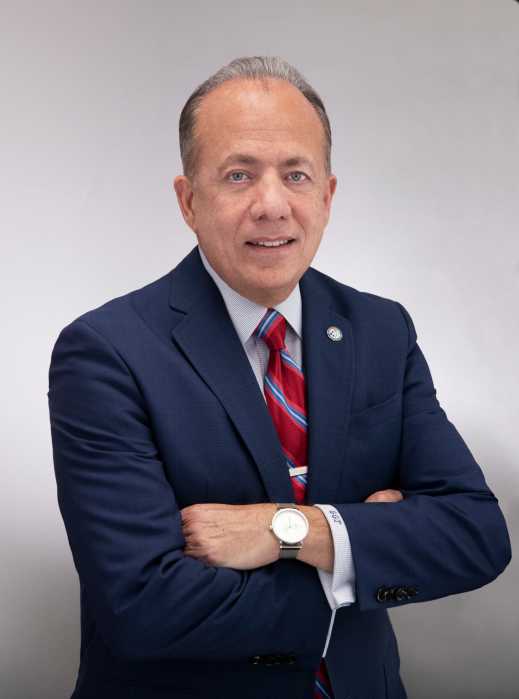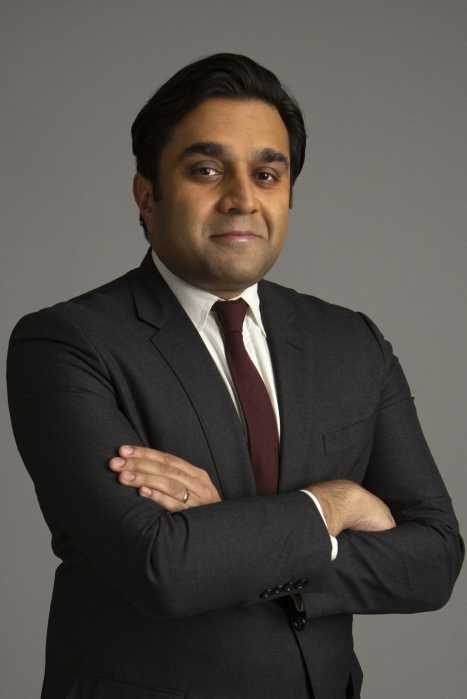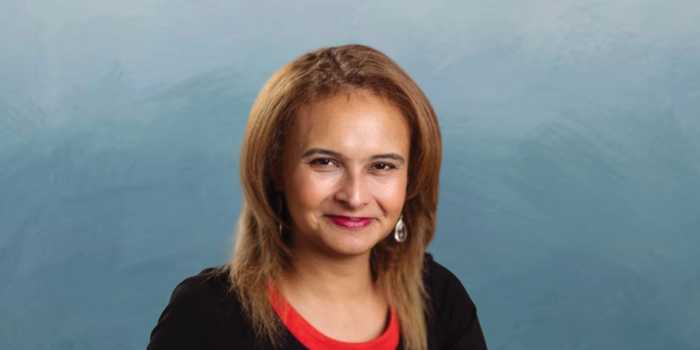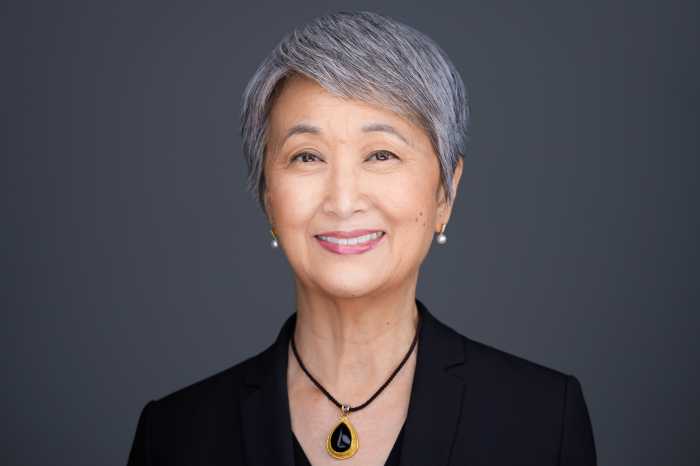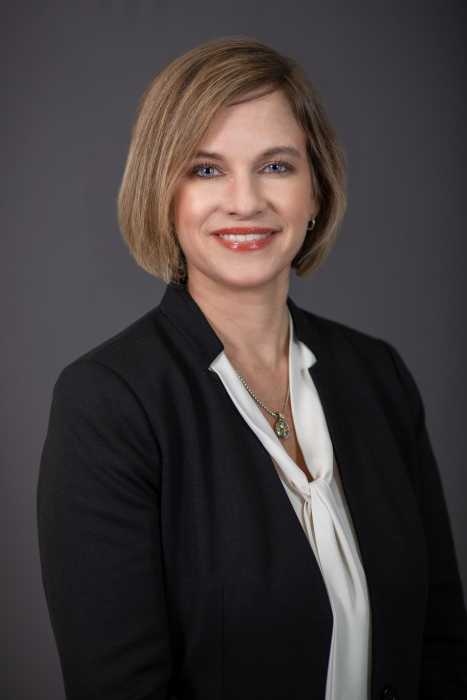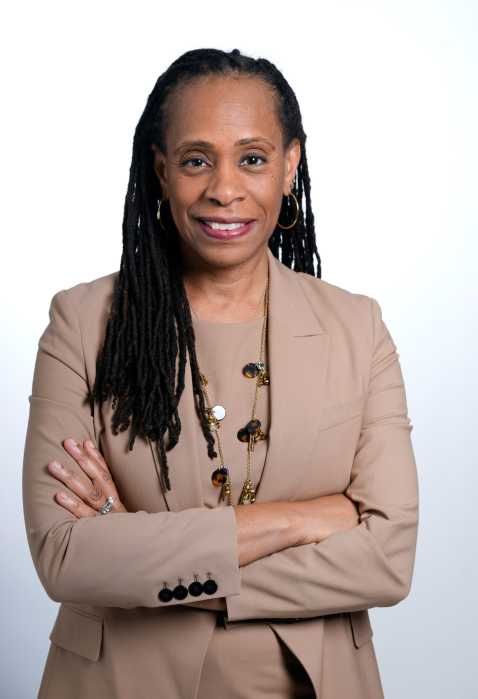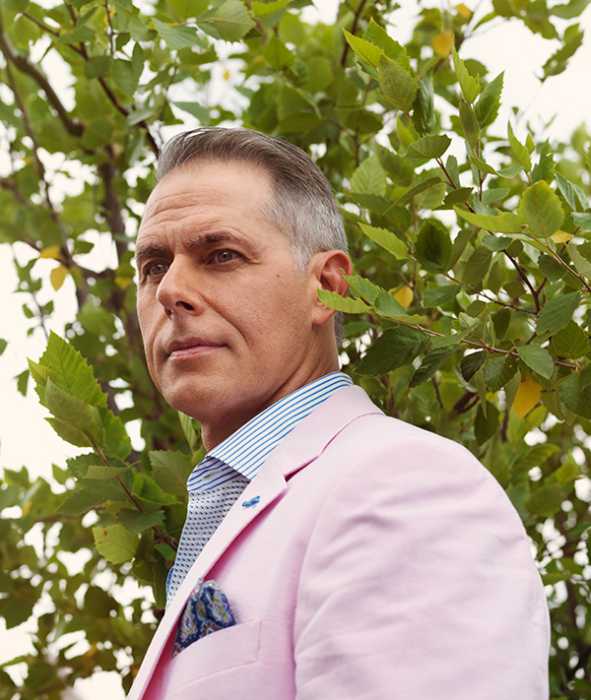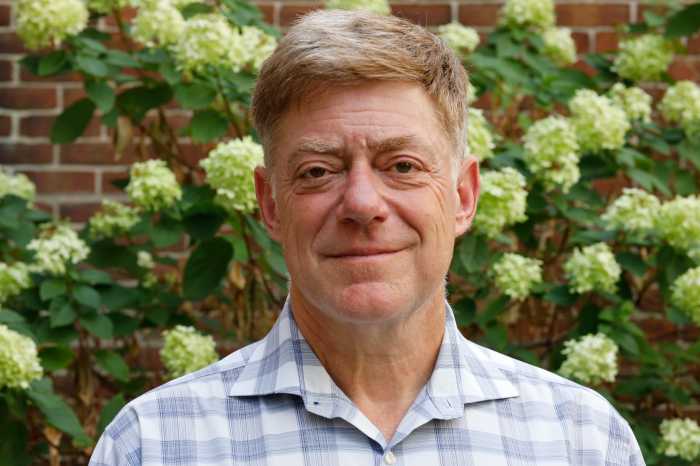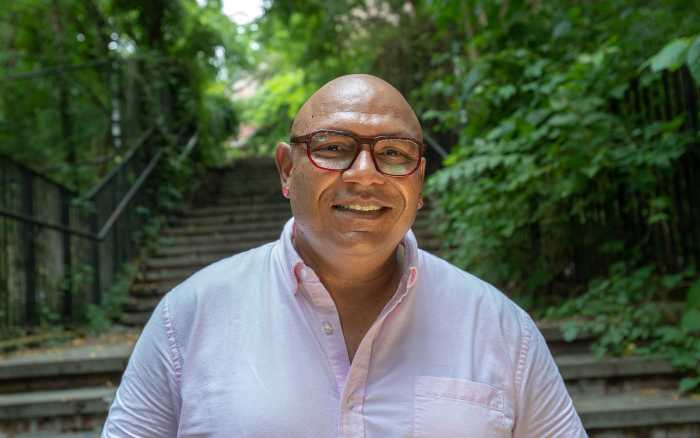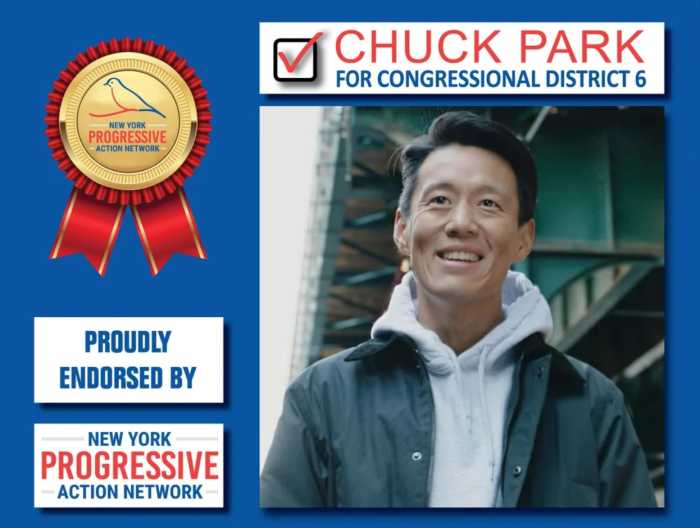Gary G. Terrinoni was named president and CEO of The Brooklyn Hospital Center (TBHC) in 2015, a 464-bed hospital with a network of family health centers, ambulatory care sites and practices. During the nearly 10 years of his leadership, TBHC has been resolute in honoring its more than 175 years in Downtown Brooklyn, while working to position itself as a modern, community hospital for the one million people in North Central Brooklyn and beyond.
What influenced you to pursue a career in the health care field?
I wanted to advance my career in a way that would tangibly and immediately help people and communities. There were few better paths than to be a part of improving health care service, delivery and cost.
What is the biggest challenge currently facing New York’s health care system?
Without question, the biggest challenge is the inequitable distribution of reimbursement throughout the state, which allows disparities to continue to exist in our more health-challenged communities.
How do you describe your position to people outside of the health care industry?
My position gives me an opportunity to help communities by providing quality health care regardless of a patient’s income or zip code.
What can policymakers do to ensure equitable access to quality health care?
Create a structure to allow all hospitals, but especially safety-net hospitals, the ability to provide world-class and advanced care using the best technology available to all their patients.



